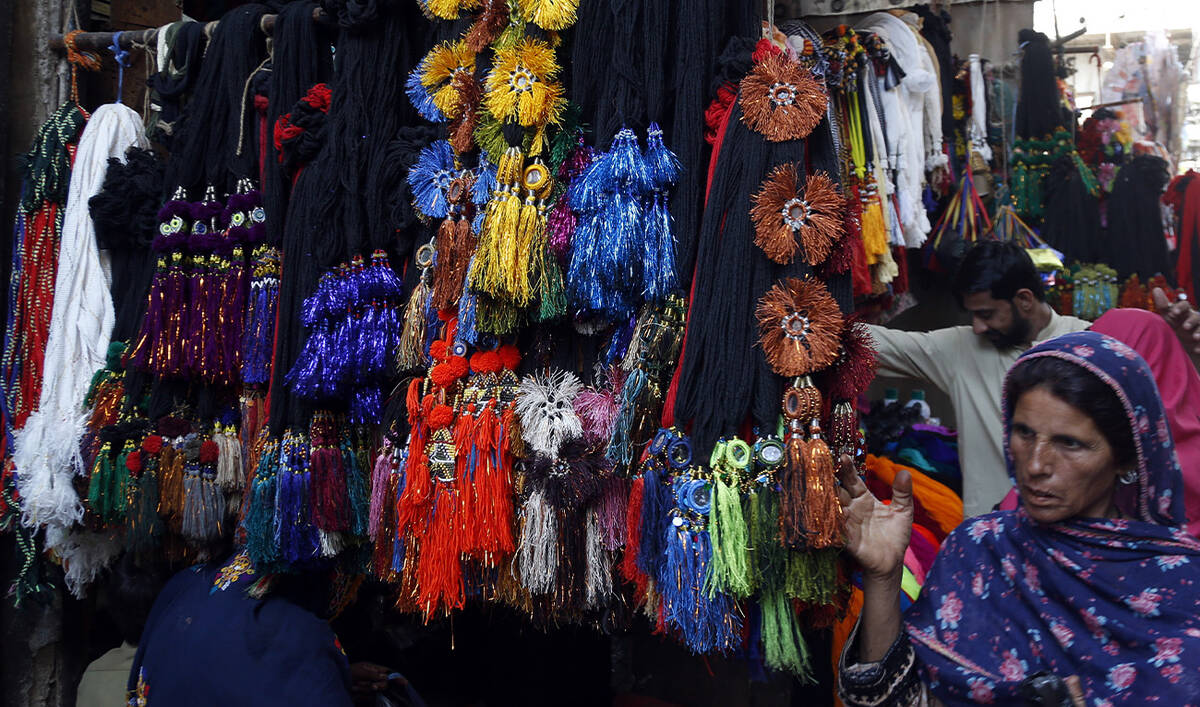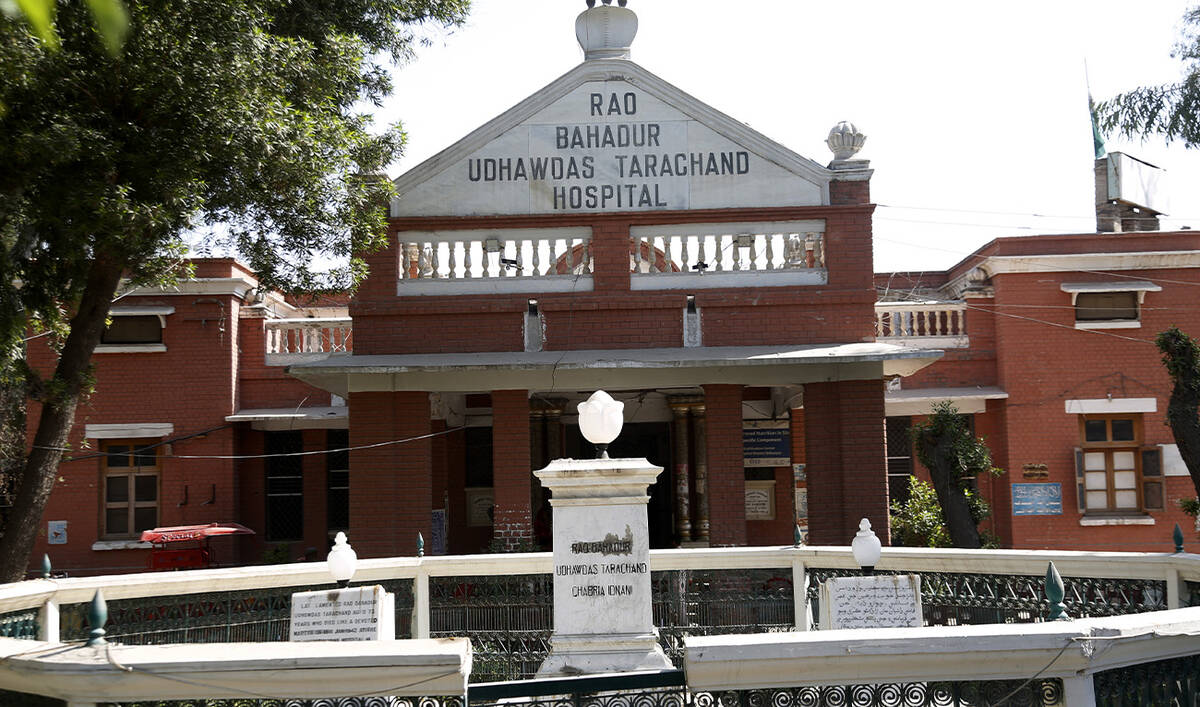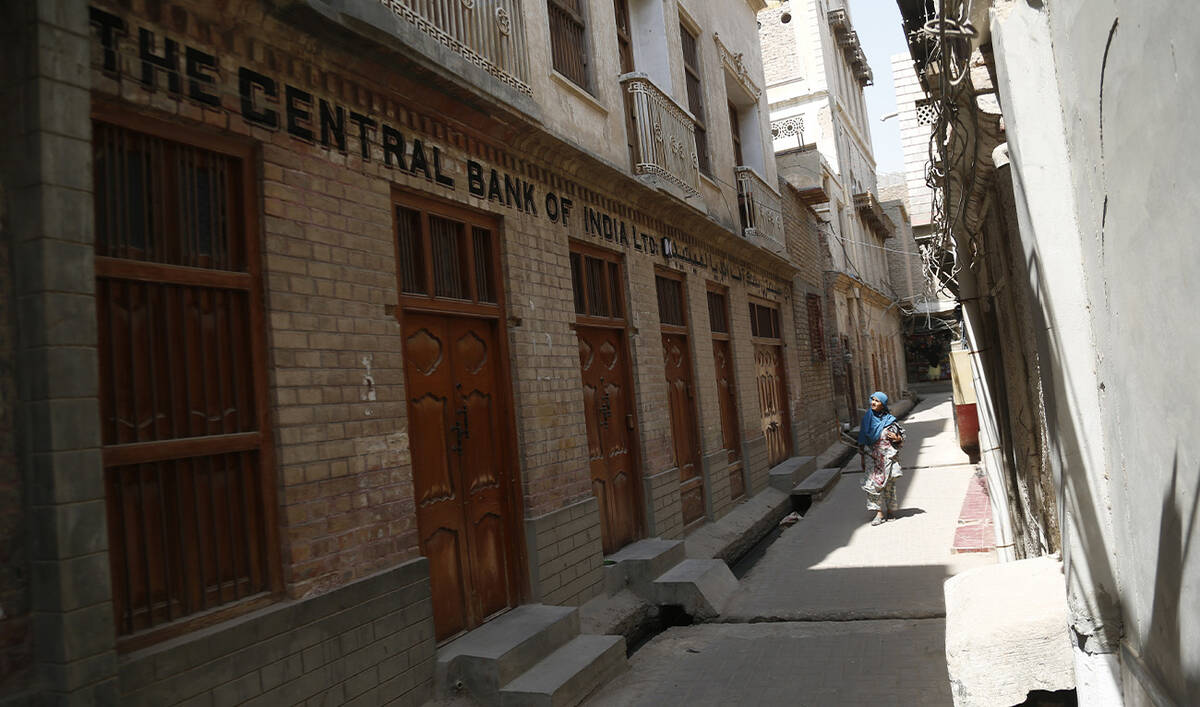PESHAWAR: The killing of a Christian priest in the city of Peshawar has reignited fear amongst local parishioners and brought back painful memories of one of Pakistan's bloodiest attacks on the community in the same city.
Gunmen shot and killed Pastor William Siraj and wounded another Christian cleric as they drove home from Sunday service at a small church located on the outskirts of Peshawar.
"We felt insecure before this. The feeling of insecurity increases when these kinds of incidents take place," Naqqash Bhatti, a relative of Siraj, told Reuters at the funeral service for the slain priest on Monday.
The service, attended by hundreds of mourners, was held at the British colonial era All Saints Church in Peshawar - the site of a twin suicide bombing that killed scores of worshippers in 2013.
Following the bombing, a small Christian community set up a smaller discreet church on the outskirts of Peshawar in 2014 - and named it the "Martyrs of the All Saints Church" in memory of the attack.
Siraj was targeted just after he had attended Sunday mass at the memorial church, which is nestled in a crammed brick-walled lane surrounded by the modest houses of the local Christian community - many of whom shifted there after the 2013 suicide attack.
The intimate community and the memorial church served as a comfort zone for many who lost friends and family in the suicide attack, and struggled to get on with their lives.
"We are poor people and work till late night in the city and then return home quite late at night," said Waheed Masih, 36, who lives across from the church, where Siraj was a regular.
"The killing...has created panic and nobody wants to leave their homes due to fear and terror," he added.
No one has claimed responsibility for the attack on Siraj yet, but it comes amidst a resurgence of militant attacks in Muslim-majority Pakistan, particularly along the country's western border with Afghanistan.
Protestant Bishop Humphrey Sarfaraz, who also attended Siraj's funeral service, told Reuters he had requested the region's top police official to arrange more security for the Christian clergy and enhanced patrolling for Sunday services.
Religious minorities in Pakistan continue to face violence as authorities fail to provide adequate protection or hold perpetrators to account, global rights watchdog Human Rights watch said in a report released this month.



















